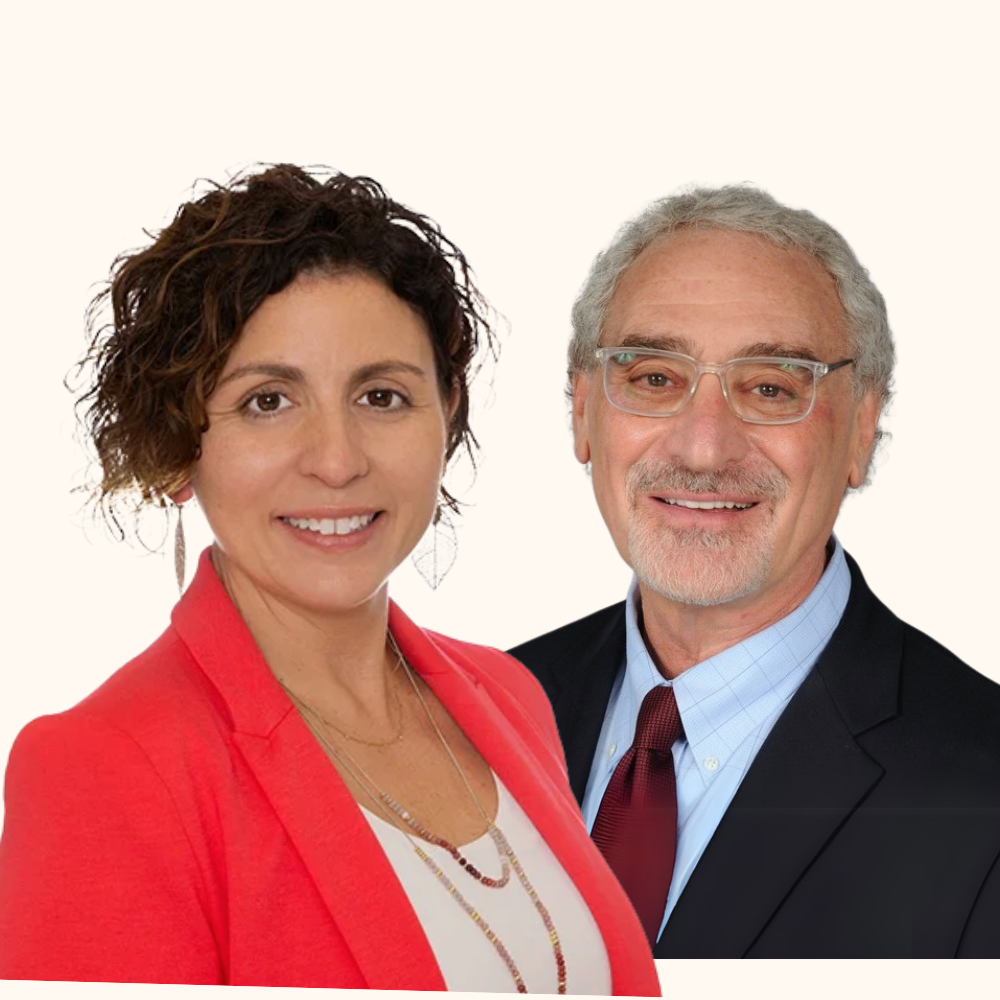In a world where education is often expected to keep pace with rapid societal shifts, what does true, lasting transformation look like—and who gets to shape it? In a recent episode of the K12 Change Equation podcast, Dr. Leila Nuland and Dr. Mort Sherman engage in a candid conversation with Dr. Aaron Spence, Superintendent of Loudoun County Public Schools, that challenges conventional notions of leadership. Rather than offering quick fixes or top-down solutions, Spence leans into the discomfort of change: listening deeply, embracing complexity, and aligning strategy with community voice. Their discussion explores how transformation in education isn't a destination, but a continuous, evolving process one rooted in relationships, grounded and driven by an unshakable belief in the potential of every student.
From Dismantling to Assembling: Change is Constant
The conversation began with a reflection on the potential dismantling (or re-imagining) of the federal Department of Education, prompting a deeper discussion on the ever-present nature of change in education.
"There has never been a golden age in education," noted Mort Sherman, reflecting on his long career. "That's why many of us went into education, because we believe deeply in children, in the potential of education and serving...educators are the front line of democracy."
The Community's School District: Listen Before You Lead
The conversation kicked off a pivotal moment in understanding what makes the change equation work. Dr Spence spoke about how the system doesn't belong to anyone at the top. It belongs to the community that it's intended to serve.That's where Leila chimed in, to speak about how she felt working at the school board helped her understand what needs to take place for change to take place. "I hope that our audience, whether you're an educator or a community member, can learn more about what effective change looks like and how you, in whatever role you're in, in your community, can better support your local school system"
Dr. Spence described how he conducts community listening sessions to gather data and understand local priorities and then weaves these needs into the strategic plan. The blog also speaks about the core experience that parents want is to make sure that their kids are cared for.
Balancing the Transactional with the Transformational
To effectively balance immediate, transactional demands with a long-term strategic vision, leaders must adopt a dual-focused approach.
While it's crucial to address urgent, day-to-day operational needs the "short-term lens" Dr. Spence refers to these actions should always be viewed through the filter of the organization's overarching goals. Leaders must consciously allocate time and mental effort to step back from the immediate pressures and engage in strategic thinking about their "long-term aspiration." This involves ensuring that transactional activities, though necessary for current stability and progress, also contribute to or at least do not detract from, the broader strategic objectives. The ability to maintain this dual perspective allows leaders to navigate present challenges while steadily advancing towards future goals.
Workforce Readiness: Collaborating with the Community
A key focus of the conversation was on preparing students for the future workforce, especially in a rapidly evolving economy. Dr. Spence shared his experience of hosting a Workforce Summit to collaborate with local businesses and understand their specific needs.
"It's important not to guess," he said. "The important thing is to collaborate with your community...We had over 200 employers and business members, and community members in the room with us...really talking about here are the skills that we're looking for from the kids that are in your school division."
From Anxieties to Advocacy: Navigating Fear and Uncertainty
The blog also emphasized the importance of open and honest communication with staff and community members, especially in times of uncertainty. He said that the most important thing to do is to not overreact and to advocate for the needs of the schools.
The "Big, Messy" Reality of Public Education
Dr. Spence offered a dose of realism about the challenges of driving change in complex systems:
"If you are looking for perfection and flawlessness in public education, you are looking in the wrong place, right? We are a big, messy organization... but we keep getting up every day and coming to work because we believe that despite all of those things, we can touch the life of a child and give them an opportunity to succeed in this world."
Key Takeaways & Actionable Insights
The conversation highlighted several crucial insights for leaders seeking to navigate change. The first step is acknowledging the community as the primary stakeholder and actively listening to their needs by scheduling regular listening sessions. A clear, values-driven vision serves as a compass, and district strategic plans should be reviewed to reflect this vision. While balancing immediate demands with a strategic long-term plan by dedicating time for that planning each week, leaders can foster workforce readiness by reaching out to local businesses to explore potential partnerships. Transparency and open communication are key when addressing anxieties and scheduling a meeting with staff to discuss challenges. It's also important to embrace the "messiness" of public education with continuous improvement, even celebrating small wins and learning from setbacks.
This conversation offers a rare glimpse into the mindset of a visionary superintendent. What elements make up your change equation?
For more insights into driving meaningful educational change, we invite you to listen to our podcast or explore additional resources on our website.




